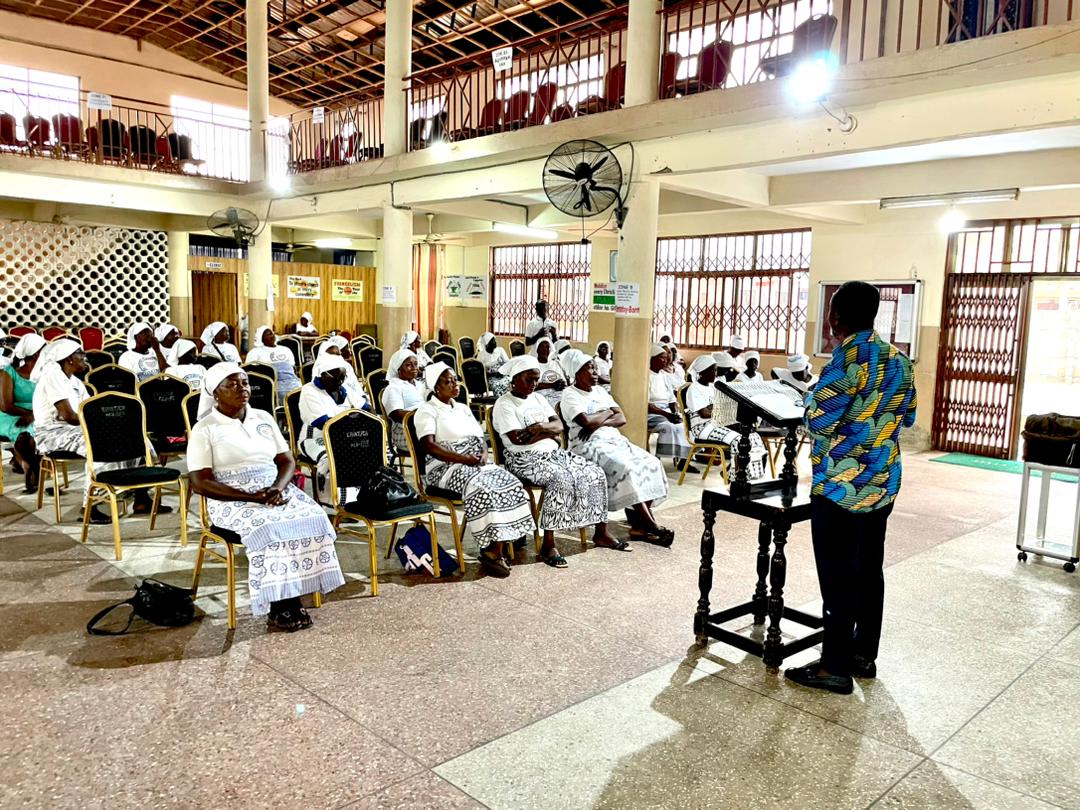Isaac Apenteng, a social policy analyst and founder of The Akurase Project has bemoaned that aspects of some Ghanaian cultural and traditional values continue to discourage victims of sexual and gender and based violence from lodging official complaints for punishment of perpetrators.
He said myths, such as “what happens at home should stay at home” trite advise to spouses for instance makes denouncing violence very difficult, affecting the provision of help and support services, thereby exposing the abused person to greater harm, with possibly fatal consequences.
He said this continues to fuel underreporting of gender-based violence cases in Ghana leaving perpetrators off the hook until their actions become fatal.
Speaking on the theme “Empowering Women on Gender, Domestic Violence, and Stigmatisation” at the Emmanuel Congregation of the Presbyterian Church of Ghana Womens Fellowship meeting at Anlo Town, Koforidua, Isaac Apenteng stressed that the recent spike in cases of spousal killings in the last few months should be of great concern to everyone especially women who are in abusive relationships.

He urged them not to ignore the warning signs such as constant assault of all forms, substance abuse coupled with violence, denial of economic responsibilities by men, and mood swings among others.
He encouraged victims to seek redress from the Domestic Violence and Victim Support Unit (DOVVSU) of the Ghana Police Service and the Social Welfare to end the era of keeping mute over severe social, economic, physical, emotional, and psychological abuse.
Spousal killing is the intentional killing of one’s partner either by the husband or wife, boyfriend or girlfriend, or any other intimate relations.

Ghana in the last three months has recorded about seven cases of spousal killings including a 26-year-old woman, Victoria Dapaah, popularly known as Maa Adwoa who was shot and killed by her police inspector boyfriend, at Adum in Kumasi on suspicion of cheating and very recently where a jilted lover allegedly killed his girlfriend at Trom, a suburb of Koforidua in the Eastern region
According to Isaac Apenteng, a former broadcast journalist, children raised in abusive relationships or marriages may assimilate similar violent behavior and perpetuate the same in their endeavors creating a cycle of abuse in society.
Source: Mybrytfmonline.com/Obed Ansah




















































